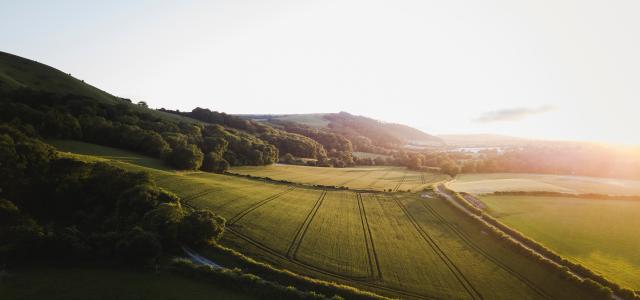
The New First Home Savings Account (FHSA)
What is the First Home Savings Account?
The First Home Savings Account (FHSA) is a new registered savings plan that aims to help Canadians save for their first home. The FHSA offers prospective first-time home buyers the ability to contribute up to $40,000 tax-free toward the purchase of their first home. There are 3 major benefits to the plan:
- Contributions to an FHSA are tax-deductible like an RRSP
- Like a Tax Free Savings Account, income and gains inside an FHSA grow tax free
- Withdrawals towards the purchase of a first home are also tax-free.
The FHSA offers the best investment environment for your home savings funds.
Who Can Open a FHSA?
To be eligible to open an FHSA, you must be a resident of Canada, at least 18 years of age, and not turning 72 or older in the year. You must be a first-time home buyer, meaning you, or your spouse or common-law partner did not own a qualifying home that you lived in as your principal residence at any part of the calendar year before the account is opened or the preceding four calendar years. Even if you have owned a home in the past, you may be eligible to participate in this program if you have not owned a home for four years.
How Much Can You Invest?
There is a lifetime contribution limit of $40,000, and an annual contribution limit of $8,000 in any year, including 2023. There is no income requirement to qualify for the $8,000 per year limit.
You can carry forward up to $8,000 of your unused annual contribution amount to use in a later year
(subject to the lifetime contribution limit). For example, if you open an FHSA in 2023 and contribute $5,000, you can contribute up to $11,000 in 2024 ($8,000 annual limit for 2024 + $3,000 carryforward from 2023). Carry-forward amounts do not start accumulating until after opening an FHSA.
Annual contribution limits apply to contributions made within the calendar year. That is, the deadline to contribute and deduct it against your taxes for a given year is December 31. For example, for your contributions made in 2023, you will receive a receipt to use as a deduction against income for 2023. Unlike RRSPs, contributions made in January and February may not be applied against income in the previous year.
If you contribute to your FHSA, you do not have to claim a deduction for that year. Like RRSP deductions, you will be able to carry forward undeducted contributions indefinitely and deduct them in a later year. Those with low taxable incomes may want to hold on to their tax receipts and apply them to future years when their incomes may be higher.
What Can You Invest In?
Qualifying investments are similar to those held by RRSPs and TFSAs and include mutual funds, exchange-traded funds (ETFs), publicly traded securities, government and corporate bonds and guaranteed investment certificates (GICs).
When Can I Withdraw My Money?
Qualifying withdrawals to buy a home are tax-free. To qualify, a withdrawal needs to meet
these conditions:
- You must be a resident in Canada from the time of the withdrawal to the acquisition of the qualifying home and a first-time home buyer when you make the withdrawal. There is an exception to allow individuals to make qualifying withdrawals within 30 days of moving into a qualifying home.
- You must have a written agreement to buy or build a qualifying home before October 1 of the year following the year of withdrawal and intend to occupy the home as a principal place of residence within one year after buying or building it.
- The qualifying home must be a housing unit located in Canada.
What if I do not buy a home?
There is a 15 year time limit to opening a FHSA. If you haven't withdrawn the $ for a home purchase by that time, you have the option of:
- Surrendering the account. You would include the entire amount in income and be taxed on it.
- You can also transfer the your FHSA to your RRSP/RRIF. You do not need to have "allowable contribution room" to take advantage of that option.
FHSA accounts must also be closed in the year you turn 71.
Can I take advantage of the FHSA and the Home Buyers Plan (HBP)?
The Home Buyers Plan is another program where first time buyers may withdraw money from their RRSP on a tax-free basis to purchase a first home. Any amounts withdrawn using the HBP must be repaid to your RRSP over a fifteen year period. The Good News is that first time buyers may access both the FHSA and HBP to fund their first home. The FHSA offers far more flexibility and generally speaking should be prioritized as a savings vehicle for first time buyers.
There are several creative ways to take advantage of the FHSA program to help maximize your savings for a first home. Contact your advisor to put a plan together to help finance your first home.

